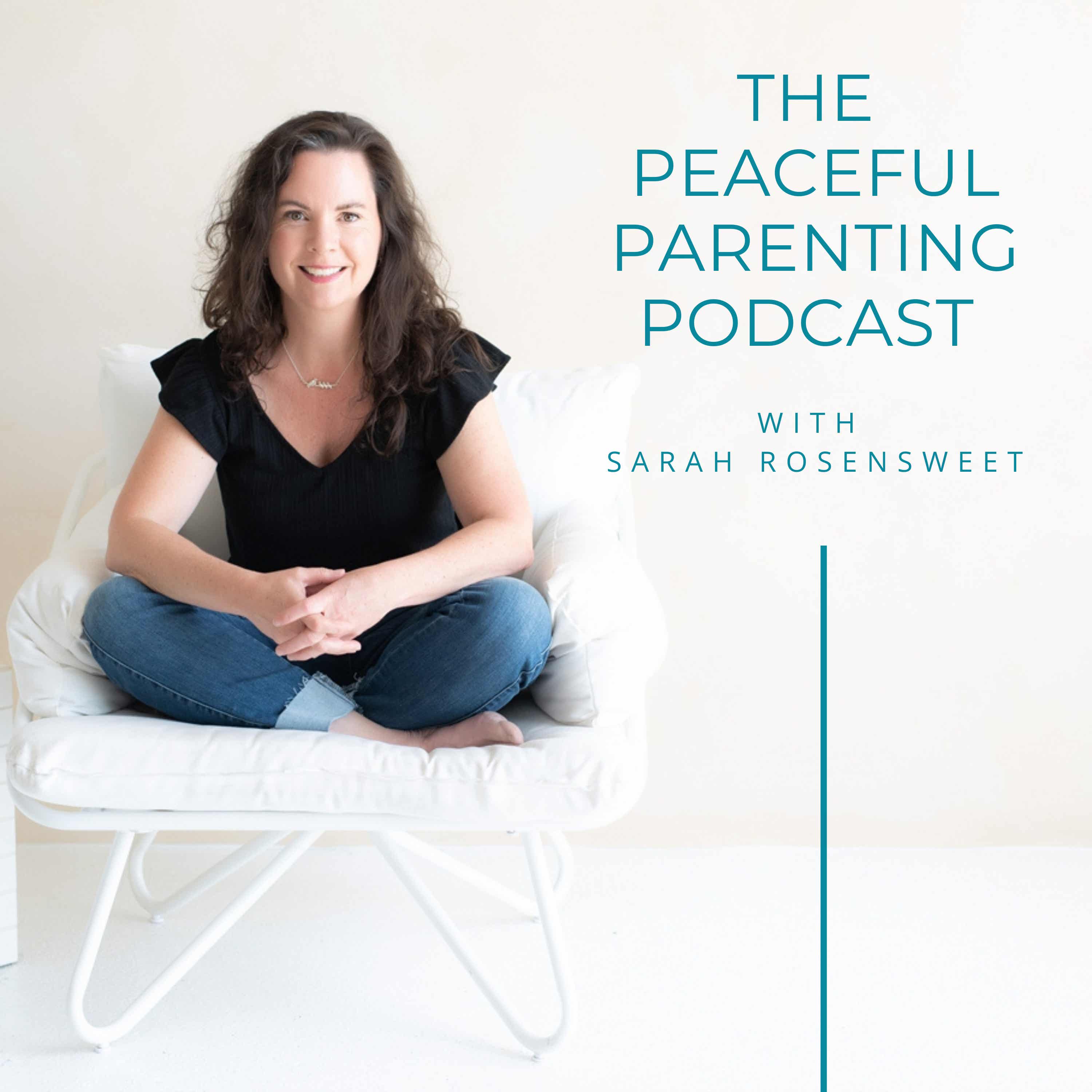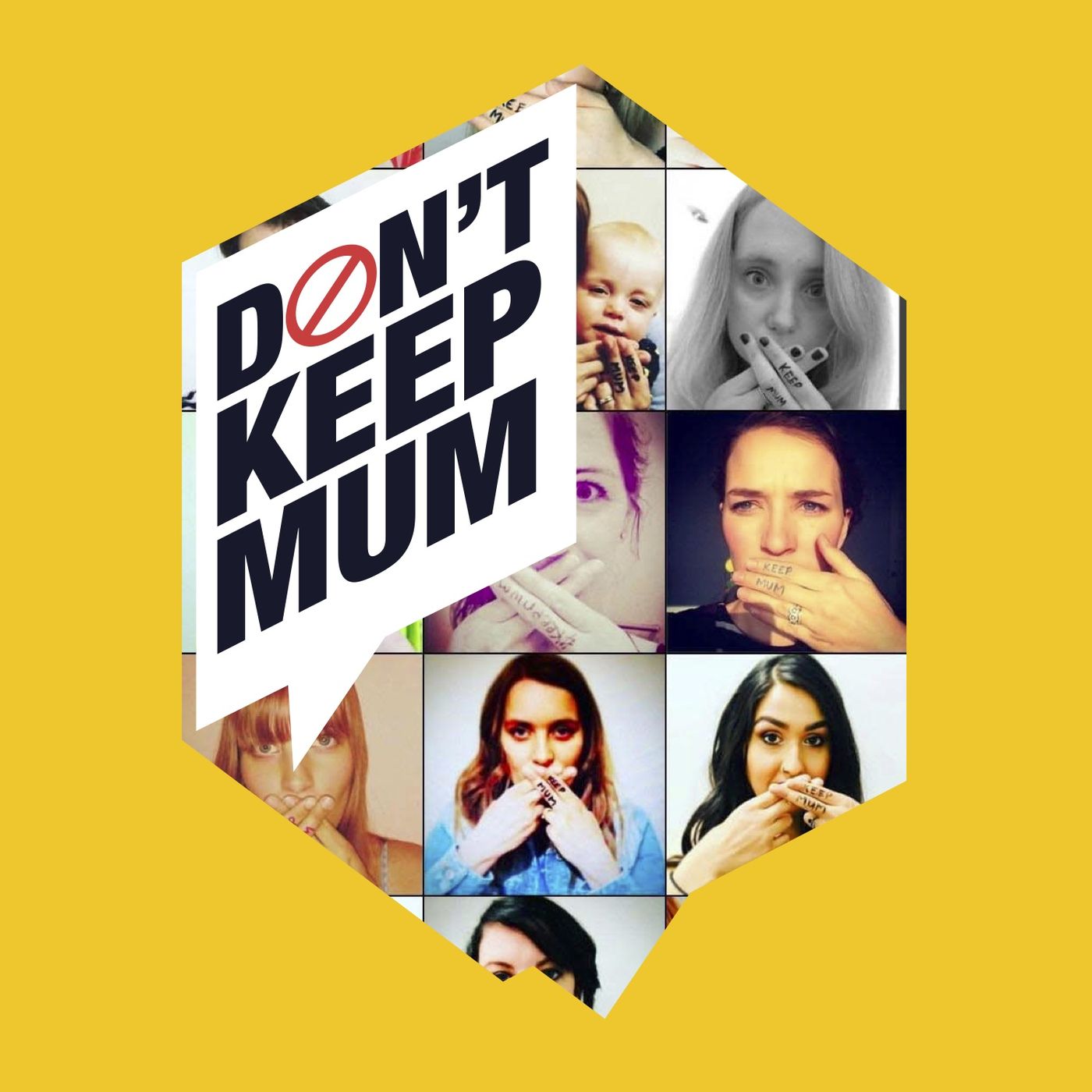 |
The Peaceful Parenting PodcastPeaceful parenting with calm and confidence for your spirited, highly-sensitive, strong-willed, or neurodivergent child- and support for YOU. Author: Sarah Rosensweet
Welcome to the Peaceful Parenting Podcast, the podcast where Sarah Rosensweet covers the tools, strategies and support you need to end the yelling and power struggles and encourage your kids to listen and cooperate so that you can enjoy your family time. Each week, Sarah will bring you the insight and information you need to make your parenting journey a little more peaceful. Whether it's a guest interview with an expert in the parenting world, insight from Sarah's own experiences and knowledge, or live coaching with parents just like you who want help with their challenges, we'll learn and grow and laugh and cry together! Be sure to hit the subscribe button and leave a rating and review! sarahrosensweet.substack.com Language: en Genres: Health & Fitness, Kids & Family, Mental Health, Parenting Contact email: Get it Feed URL: Get it iTunes ID: Get it |
Listen Now...
The hardest part of parenting: Sarah and Corey on TRANSITIONS!
Thursday, 12 February, 2026
Transitions — mornings, bedtime, leaving the house, stopping play — are some of the toughest moments for kids and parents. If these daily shifts often turn into power struggles, this live workshop is for you.Our workshop Transitions Without Battles: Guiding Kids Through Mornings, Bedtime, and Everything In Between will help you understand why transitions are so hard (especially for sensitive, strong-willed, and neurodivergent kids) and give you practical, respectful tools you can use right away.In this live training, you’ll learn:* Why transition moments trigger resistance* Simple & specific tools to make transitions smoother* How to stay regulated when things get tense* Reset and redo strategies when it falls apartDate: Wednesday February 18Time: 12 PM EasternCost: $27Replay included if you can’t make it liveFree for Peaceful Parenting MembersRegister here:reimaginedpeacefulparenting.com/workshop This is a public episode. If you'd like to discuss this with other subscribers or get access to bonus episodes, visit sarahrosensweet.substack.com/subscribe












